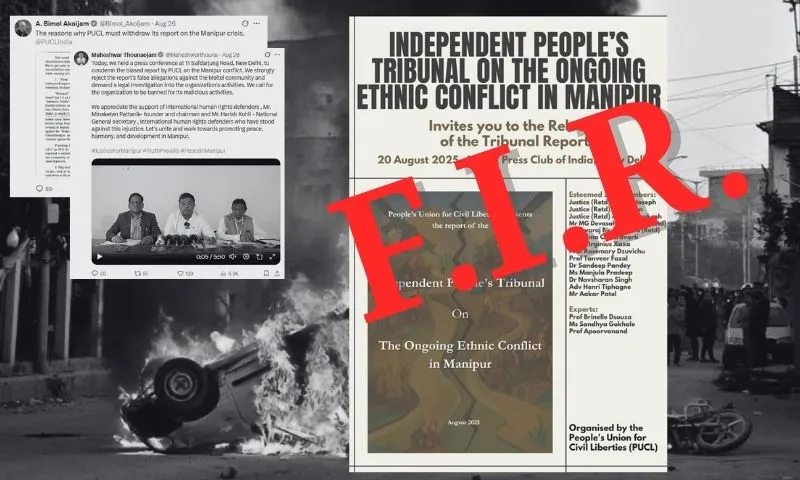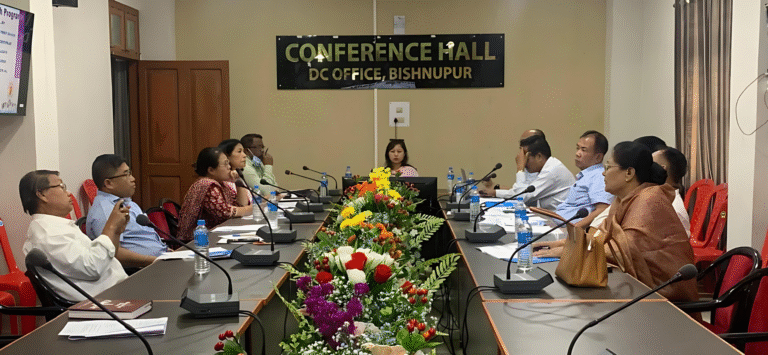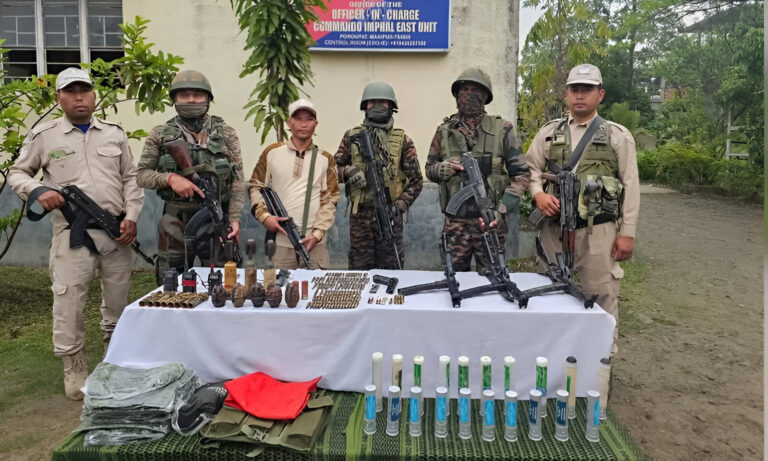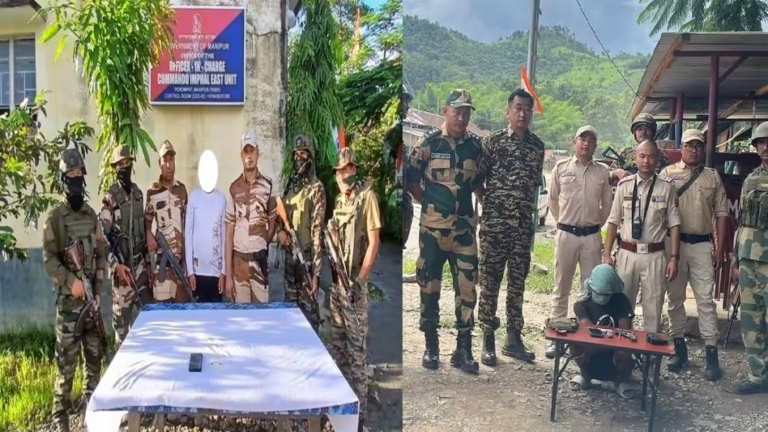Political Parties in Manipur File FIRs Against PUCL Over Controversial Report
Several political parties and social outfits in Manipur — including the Manipur People’s Party (MPP) and the state unit of the Republican Party of India (Athawale) — have filed FIRs in Imphal objecting to a 694-page report released by the People’s Union for Civil Liberties (PUCL)’s Independent People’s Tribunal on the Ongoing Ethnic Conflict in Manipur. The tribunal report, released at the Press Club of India on 20 August 2025, concluded that the violence which began on 3 May 2023 was “planned, ethnically targeted” and reflected systemic governance failures — findings that have been praised by some groups and condemned by others as biased; politicians and Meitei bodies say the report omitted certain incidents and painted the Meitei community unfairly, and some rights groups and former officials have threatened legal action or issued show-cause notices in response
What happened — the short version, then the context
So here’s the short, plain-English version: a citizens’ tribunal convened by the national rights organisation PUCL released a hefty report — 694 pages — about the ethnic violence in Manipur and its causes. The report was chaired by former Supreme Court Justice Kurian Joseph, contained testimony and documentary evidence, and concluded that the violence was not spontaneous but planned and exacerbated by systemic failures of governance. That conclusion set off a storm: political parties, social groups and even some elected MPs in Manipur have accused the report of being one-sided, and multiple FIRs were filed in Imphal this week against PUCL for what complainants called “biased” and “misleading” findings.
Now the longer version: the report matters because it attempts to create an independent, documented narrative of what happened during more than two years of unrest, and because in a place like Manipur — where identity, memory and territory are all raw and contested — narratives matter as much as facts. The tussle we’re seeing now is as much about who gets to tell the story as it is about the specific incidents listed in the report.
Who produced the report, and what was its mandate?
PUCL convened an Independent People’s Tribunal on the Ongoing Ethnic Conflict in Manipur in 2024 to investigate the prolonged violence and alleged failures of constitutional governance. Its jury included prominent jurists, academics and human-rights defenders; it culminated in a report released publicly at the Press Club of India on 20 August 2025 and published online as a downloadable document. The tribunal was explicitly set up as a civil-society initiative to record testimonies, document alleged abuses, and recommend remedies including legal action against perpetrators and officials whose actions (or inaction) were judged culpable. The report is detailed and archival — think of it as a mosaic of witness statements, timelines, photographs and recommendations assembled outside official channels.
Why is that setup important? Because a people’s tribunal sits outside the state’s formal investigative machinery: it has no prosecutorial power, but it does have moral and documentary clout. For victims and rights groups, tribunals can correct official silences; for political actors, tribunals can look like extra-judicial verdicts that unsettle fragile reconciliations.
FAQs
Q1 — What exactly is the PUCL “Independent People’s Tribunal” report and who chaired it?
A1 — The PUCL convened an independent tribunal to investigate the ongoing ethnic conflict in Manipur; the report runs to 694 pages and was released publicly on 20 August 2025. The tribunal was chaired by former Supreme Court Justice Kurian Joseph and included jurists, academics and rights activists.
Q2 — Why are political parties filing FIRs against PUCL?
A2 — Several parties and social outfits in Manipur allege the report is biased and paints the Meitei community as aggressors while omitting incidents they deem important; they argue the report could inflame communal tensions and have therefore lodged FIRs seeking legal redress.
Q3 — Does a people’s tribunal report have legal force?
A3 — No — tribunal reports don’t themselves prosecute or convict; they compile testimony and recommend actions. Their influence comes from moral authority and documentary evidence, which can prompt formal investigations by police, NHRC or courts.
Q4 — Could the report lead to prosecutions or official inquiries?
A4 — Yes — the report’s documentation could be used as a basis or impetus for formal inquiries or even criminal probes, if authorities decide to investigate the incidents and acts it documents. But that depends on official willingness and judicial processes.
Q5 — How should citizens read the report responsibly?
A5 — Read the methodology, compare the report’s incident list with other sources, distinguish allegations from proven facts, and watch whether recommendations are independently investigated. Avoid amplifying unverified claims on social media; instead follow transparent, corroborated updates from multiple reputable sources.




